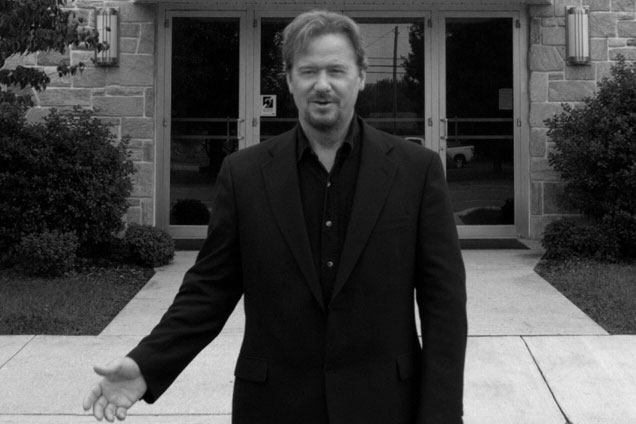
On November 19th, Reverend Frank Schaefer of the Zion United Methodist Church of Iona in Lebanon, Pennsylvania was suspended by the church for 30 days for administering his son's gay marriage in 2007, with the demand that he rescind his views and pledge not to preside over other gay marriage ceremonies. Schaefer has already refused to alter his views and is determined to work for the causes of gay rights and marriage equality.
The United Methodist Church is largest mainstream Protestant denomination in the United States. While the church accepts gay and lesbians wanting to join the church, it condemns homosexuality as “incompatible with Christian teaching.” Schaefer has led the Iona church for eleven years, and three of his four children are gay. A complaint against him was filed by a member of his congregation, Jon Boger, who said that Schaefer has violated the church and its teachings, and should not be permitted to be a minister for the church in any jurisdiction.
The church jury, composing of his colleagues, found Rev. Schaefer in violation of the Church's Book of Discipline. The jury had heard testimonies from Methodists who had left Schaefer's church in protest of his actions and to resist being “subjected to the preaching and teaching” of Schaefer and claiming “it wasn't a good Christian example for ministers to say it's OK to break the rules of your church,” as former member Christina Watson said. Other ex-members like Bonnie Leibold accused Schaefer of using his position as a “springboard” for championing gay rights.
Frank Schaefer's son Tim Schaefer testified that he was aware he was putting his father in a difficult position by asking him to preside over his wedding, but felt his father's feelings would be hurt if he didn't ask. The leader of the church's “task force” on issues like abortion and sexuality, Rev. Paul Stallworth testified that according to law, the church had to “openly rebuke” Schaefer to set an example.
In addition to his suspension, Schaefer will be defrocked by the church after the lapse of 30 days if he does not pledge to adhere to the rules of the church, which forbid gay marriage. The prosecutor, Rev. Christopher Fisher called upon Schaefer to “repent of your actions,” but Schaefer immediately replied “I cannot.”
In a prior statement to the jury, Schaefer had said he had performed his son's gay wedding motivated by love and not a desire to violate the rules of the church. In his final statement on the 19th, Schaefer asserted before the jury that the church “needs to stop judging people based on their sexual orientation. We have to stop the hate speech. We have to stop treating them as second-class Christians.” He wore a rainbow-colored stole in solidarity with the LGBT rights movement and told the jury he was committed to the cause of gay rights.
Schaefer promised “I will never be silent again. This is what I have to do.” He told the press “I feel I have to be an advocate, an outspoken advocate for all lesbian, gay, transgender and bisexual people.” His statement provoked emotional responses from his supporters who were present for the proceedings. The jury's sentencing was followed by Schaefer's supporters turning over chairs in the room as a protest emulating the story of Jesus turning over the tables of money-changers. There were a few scuffles reported between Schaefer's supporters and church staff, and rival groups of protestors picketed outside the building. Schaefer thanked his supporters, who held an impromptu communion service. Tim Schaefer hoped his father's trial would lead to a greater discussion of the issues of gay rights and marriage equality within the United Methodist Church and community.
